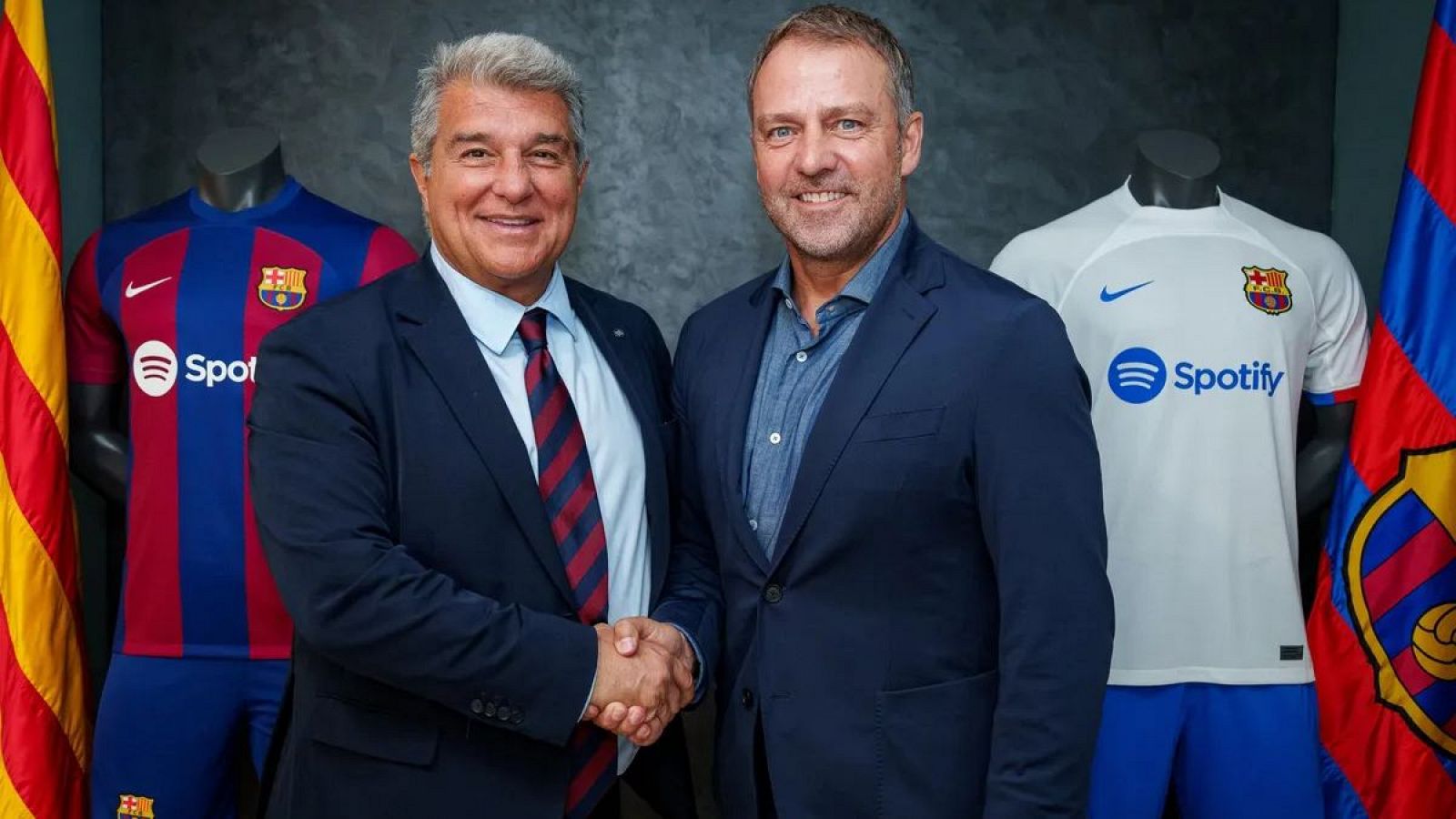The Chamber Orchestra of the Springs is set to perform “The Romantic Voice” this weekend.
The 90-minute show will take the audience through the sounds of Romanticism, from pieces first heard 200 years ago to work from the 20th-century neo-Romanticism movement. Mezzo-soprano GeDeane Graham will join the orchestra for the performance as a special guest, performing Richard Wagner’s “Wesendonck Lieder.”
About one hour before the concert, KCME on-air host Simon Jacobs will lead a pre-concert discussion about the program.
The concert will start with “Sonata da Chiesa,” a piece by 20th-century American composer Adolphus Hailstork. The piece is named after a type of chamber music popular during the 1600s for religious ceremonies and meditation.
“It’s basically him being inspired by that and then putting a 20th-century twist on it. It’s a stunning piece,” said Jacob Pope, executive director of the orchestra. “The opening chords are just — I don’t know how to describe it with words — but it’s just this beautiful, really shocking, opening sonority. And it has a sort of ancientness to it, but also a very American voice as well.”
The orchestra also will celebrate the 200th anniversary of Felix Mendelssohn-Bartholdy’s first symphony with their program, while also taking on Wagner’s “Wesendonck Lieder.” Despite releasing their music during the age of Romanticism, the two composers had very different outlooks on their music, Pope said.
“Mendelssohn is perhaps most what you might think of when you think classical music. It’s very beautiful and stately and proper, I suppose you might say, whereas the Wagner is dark and stormy and it breaks all sorts of rules, and you don’t know exactly what key you’re in sometimes,” Pope said.
Wagner and Mendelssohn-Bartholdy were so different that the two became prominent figures in the “War of the Romantics” on opposing sides. This musical history connects the pieces, and were part of the reason they were selected for the program, Pope said.
“You had Wagner and (Franz) Liszt and some other folks on one side, and then you had composers like Brahms and Clara on the other, saying that they wanted to be much more grounded in this, absolute music, compared to sort of the boundary-breaking things that Wagner was doing,” Pope said.










